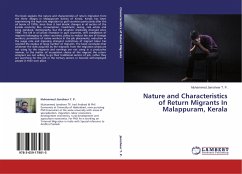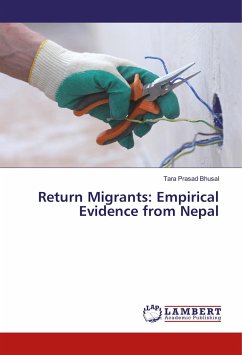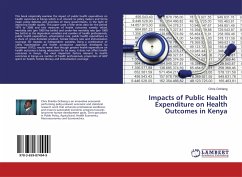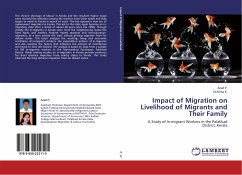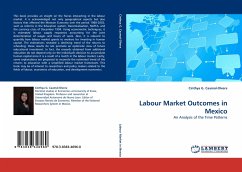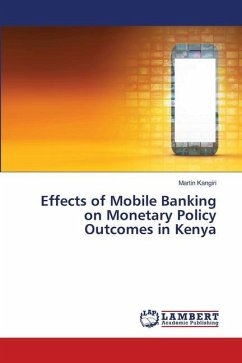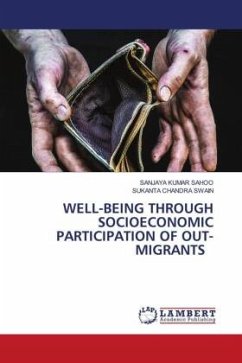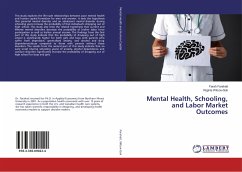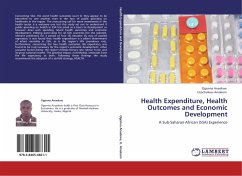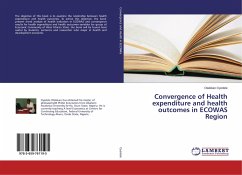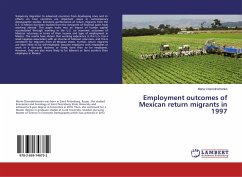
Employment outcomes of Mexican return migrants in 1997
Versandkostenfrei!
Versandfertig in 6-10 Tagen
24,99 €
inkl. MwSt.

PAYBACK Punkte
12 °P sammeln!
Temporary migration to advanced countries from developing ones and its effects on host countries are important issues in contemporary demographic studies. Economic performance of return migrants from the U.S. in Mexico has been studied from the viewpoint of financial gains from working abroad. This paper looks into an impact of human capital accumulated through working in the U.S. on economic outcomes of Mexican returnees in terms of their income and type of employment in Mexico. The results have shown that working experience in the U.S. has a small negative association with an income of Mexic...
Temporary migration to advanced countries from developing ones and its effects on host countries are important issues in contemporary demographic studies. Economic performance of return migrants from the U.S. in Mexico has been studied from the viewpoint of financial gains from working abroad. This paper looks into an impact of human capital accumulated through working in the U.S. on economic outcomes of Mexican returnees in terms of their income and type of employment in Mexico. The results have shown that working experience in the U.S. has a small negative association with an income of Mexican returnees, and this is consistent for migrants from all Mexican states. Further, return migrants are more likely to be self-employed, become employers with employees or work in a non-paid business or family farm than to be employees. However, they are also more likely to be laborers or farm workers than employees in Mexico.



